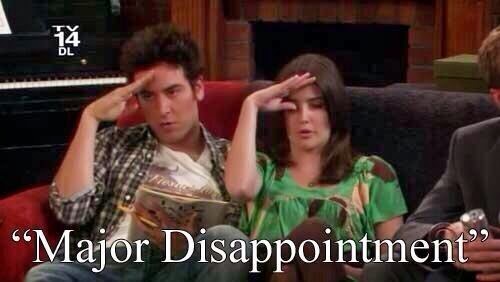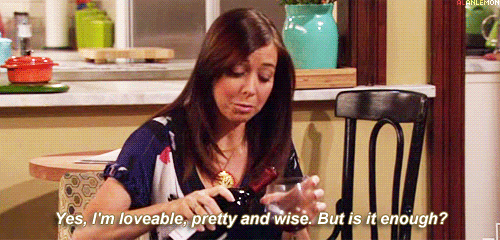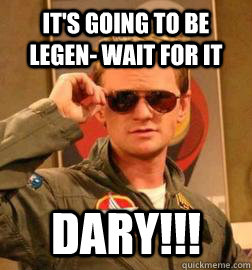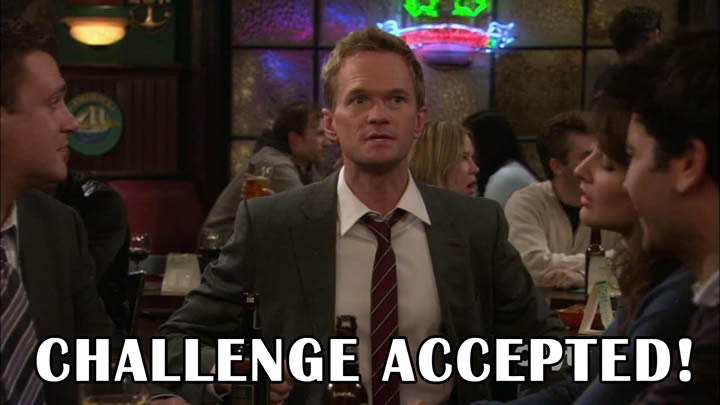
Source: Levo.com. The Levo League is an online community of professional women, check them out! I’ve linked this image to their website.
In my last post, I was preparing for a big interview with a big firm for a summer internship. Long story short, I didn’t get the position and was crushed (see my 5 Stages of Rejection below). However, every cloud has a silver lining, and I’m excited to share what I learned.
Just to be clear, I loved the firm and was so hopeful I’d get an offer. Everything I’d heard about it only made me want to work there more: the chance to get solid accounting experience at a well-reputed firm, the emphasis on diversity of thought and community service, the learning culture, the big city location… I was even enthralled with the generous maternal leave policy. (I’m nowhere near that stage in my life yet, but as the daughter of a single working mother and past student in Core II Economics of Gender and Choice, it’s a big factor in my decision-making process when evaluating company fit.) So when I received that sad, carefully phrased rejection email, my self-confidence took a big hit.
How did I react? “Jasmine’s 5 Stages of Rejection” goes something like this:
1) Crushing paralysis and self-doubt. Usually includes putting on my pink fluffy robe, crying in the fetal position, and questioning my path in life.
2) Eventually I’ll attempt to be strong. This stage involves trying to convince myself everything happens for a reason and sending cheerful, make-the-best-of-this messages to the people who knew I was interviewing.
3) Inevitably I feel like a liar and start crying again. I’ll phone my mother/older brother/boyfriend and ask them to tell me that I’m not a failure and that I’m going to be okay.
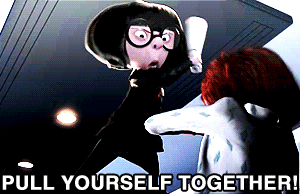
Thankfully they aren’t like Edna Mode from The Incredibles.
4) Netflix. Nature documentaries on ocean and snow environments are really soothing.
5) For me, to learn a lesson is to find the silver lining that allows me to move on. So after rebooting my emotional system, that’s what I try to do. It’s frustrating enough to fail, but to not know what I did wrong? To repeat my mistakes in the future? Even worse.
The day after I received the news, I decided to email my interviewers and ask for feedback. Here’s the text I wrote. Feel free to use it if you need!
Dear XXX,
Although I was not offered an internship at XXX this summer, I continue to hold your firm in high regard and hope to find a place at XXX after graduation. I am writing to ask–following my interview with you, do you have any feedback for me? I would hate to make the same mistakes again in future interviews and would appreciate any advice you might have as I move forward in my search for summer employment.
Sincerely,
Jasmine
Vicki at CP&R cautioned me not to expect a reply, as companies’ HR policies may prevent interviewers from providing that information due to legal reasons. So it was a very pleasant surprise to receive the following response from one of my interviewers:
Hi Jasmine,
Thanks for reaching out! All three of us liked you and thought you were very well spoken. However, we struggled with your current lack of accounting experience and decided that at the end of the day we could not extend an offer to you at the current point in time without knowing whether you would have sufficient technical accounting knowledge by the time the internship starts. I definitely encourage you to apply again next year, either for an internship or a full time position depending on where you sit with your accounting units and do not get discouraged that you did not get the offer this time. My only advice to you from our interview is to take more accounting classes, do as well as you can in them, and be ready to discuss them next time around. Best of luck to you and I hope to talk to you again next year!
Sincerely,
XXX
Vicki had also told me to respond carefully. I needed to acknowledge their response and thank them, but could not misconstrue a reply as an invitation to further plead my case. Finding out that I had been rejected because I didn’t have enough classes yet, and not because of some irrevocable personal difference, definitely put my mind at ease. And my interviewer’s encouragement to reapply made this just about the best rejection I’ve ever had. So I sent a thank you to my interviewer saying just that, and then moved on with my search for summer employment. Wahoo constructive action!
To those of you who have never ever failed at anything and thus have never ever needed to learn from failure: I’m not sure what kind of a life you lead, but you’re probably doing something wrong. To those of you who have failed at some point in your job search, how did you deal with it? What did you learn? Post your stories in the comments!

